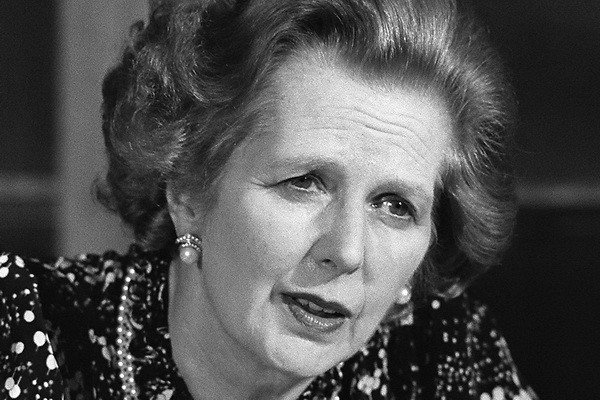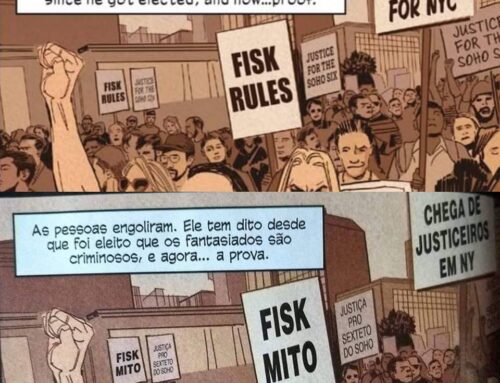LONDON — Margaret Thatcher, a dominant, divisive and yet revered figure in British politics whose impact on British life and society was enduring and contentious, died on Monday of a stroke, her family said. Politicians called her influence on her country’s destiny among the greatest since Winston Churchill, and the authorities said she would be buried with military honors.

Former Prime Minister Margaret Thatcher of Britain Has Died │ image: NYT
“It is with great sadness that Mark and Carol Thatcher announced that their mother, Baroness Thatcher, died peacefully following a stroke this morning,” a statement from her spokesman, Lord Tim Bell, said, referring to her son and daughter.
President Obama said in a tribute released by the White House that Mrs. Thatcher’s achievement as the first woman to serve as Britain’s prime minister taught “our daughters that there is no glass ceiling that can’t be shattered.” He added that the “world has lost one of the great champions of freedom and liberty, and America has lost a true friend.”
Mrs. Thatcher, 87, served as prime minister for 11 years beginning in 1979. She was known as the Iron Lady, a stern Conservative who transformed Britain’s way of thinking about its economic and political life, broke union power and opened the way to far greater private ownership.
The daughter of a grocer, she was leader of Britain through its 1982 war with Argentina over the Falkland Islands and stamped her skepticism about European integration onto her country’s political landscape for decades, famed for her succinct rejection of three European proposals for closer unity with the words “No, no, no.”
Mrs. Thatcher had been in poor health for months, and close friends said she was suffering from a form of dementia that hindered her ability to remember some of the key moments of her own career, including her close relationship with President Ronald Reagan. Within moments of the announcement of Mrs. Thatcher’s death by Lord Bell, Queen Elizabeth II and Prime Minister David Cameron offered tributes to what Mr. Cameron called “a great leader, a great prime minister, a great Briton.”
Mr. Cameron cut short a visit to Spain and France — billed as the beginning of an effort to resolve his own troubled relationship with much of the Continent — to return to Britain.
Mr. Cameron’s office said that in line with her family’s wishes Mrs. Thatcher would not be accorded a full state funeral. “We can announce that, with the Queen’s consent, Lady Thatcher will receive a ceremonial funeral with military honors,” according to a statement from 10 Downing Street. “The service will be held at St Paul’s Cathedral. A wide and diverse range of people and groups with connections to Lady Thatcher will be invited. The service will be followed by a private cremation. All the arrangements being put in place are in line with wishes of Lady Thatcher’s family.”
Buckingham Palace said the Queen was “sad to hear the news” and would be sending a private message of sympathy to the family.
Lawmakers said Mrs. Thatcher retired from public life about two years ago. Her career in politics ended in 1990 when her own Conservative Party forced her from office and replaced her with John Major, who said Monday that she had “brought conviction back to politics.”
An assessment in the conservative Daily Telegraph said, “She will go down in history not only as Britain’s first female prime minister, but as the woman who transformed Britain’s economy in addition to being a formidable rival on the international stage.”
“Lady Thatcher was the only British prime minister to leave behind a set of ideas about the role of the state which other leaders and nations strove to copy and apply,” the newspaper said.
Speaking to the BBC, Henry A. Kissinger, the former United States secretary of state, said Mrs. Thatcher was a “great leader” and a “good friend of the United States.” She was known particularly for her close working relationship with President Reagan, with whom she shared a profound ideological rejection of communism.
But she also won the respect of some interlocutors in Moscow, most notably Mikhail S. Gorbachev, the last Soviet leader, who described her on Monday as “a politician whose word carried great weight.”
Source: NYT


Leave A Comment
You must be logged in to post a comment.